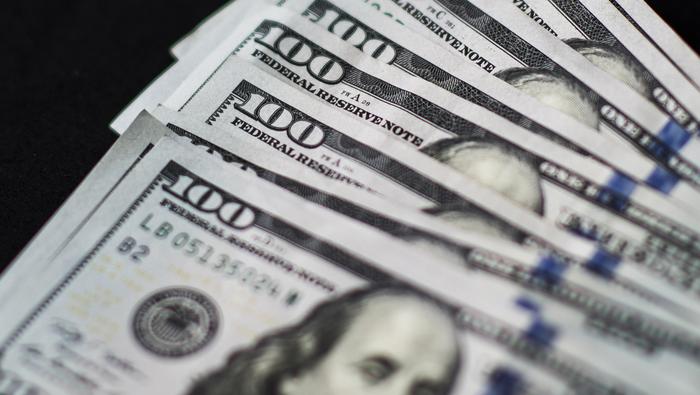Talking Points
- The Euro-Zone current account surplus fell in January.
- The Euro was unmoved by the news.
- See the DailyFX Economic Calendar and see what live coverage for key event risk impacting FX markets is scheduled for the week on the DailyFX Webinar Calendar.
The Euro-Zone current account surplus fell sharply in January. However, the news is unlikely to appease US President Donald Trump, who has attacked the trade imbalance between the Euro-Zone and the US.
On a non-seasonally-adjusted basis, the surplus fell sharply to €2.5 billion from a revised €46.9 billion in December while seasonally-adjusted figures showed a surplus of €24.1 billion, down from a revised €30.8 billion. The Euro was unmoved by the news.
Chart: EUR/USD One-Minute Timeframe (March 22, 2017)

Trump has expressed alarm about foreign competition, and his suspicion of trade deals was high on his agenda when he was running for President.
Meanwhile, the European Central Bank, in its report on the Euro-Zone current account data, said it reflected surpluses for goods (€24.1 billion), primary income (€12.1 billion) and services (€3.5 billion), which were partly offset by a deficit for secondary income (€15.5 billion).
The 12-month cumulative current account for the period ending in January 2017 recorded a surplus of €357.9 billion (3.3% of Euro-Zone GDP), compared with one of €321.6 billion (3.1% of Euro-Zone GDP) for the 12 months to January 2016.
--- Written by Martin Essex, Analyst and Editor
To contact Martin, email him at martin.essex@ig.com
Don't trade FX but want to learn more? Read the DailyFX Trading Guides.






